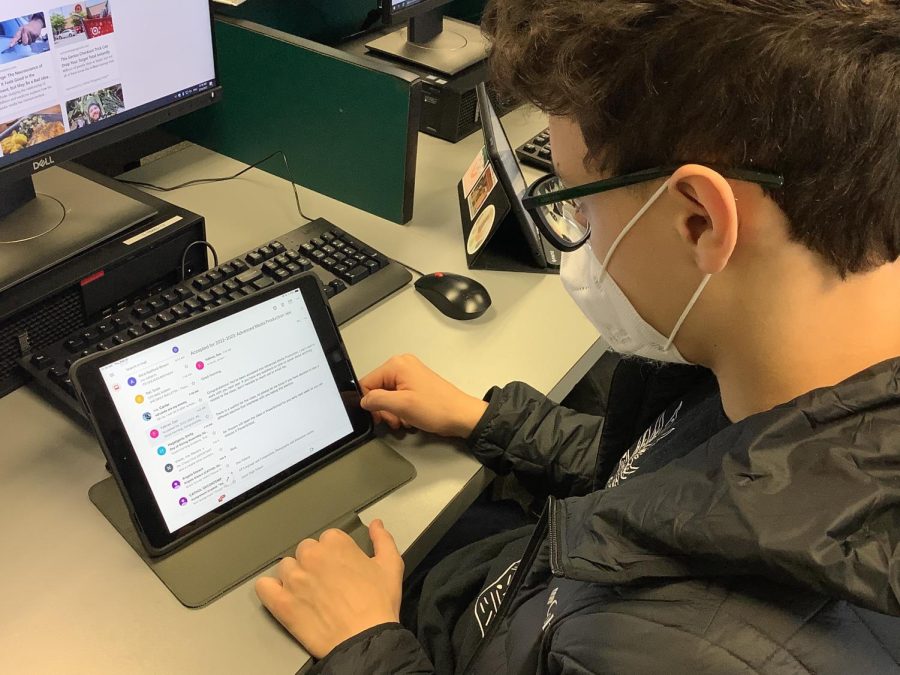A student prepares to venture into the challenge of forecasting.
Forecasting Advice for Rising Juniors (Current Sophomores)
Slightly more experienced forecasters, rising juniors have more freedom than ever when it comes to picking their classes. With several elective spaces, they should consider deepening their involvement in an interesting class taken freshman or sophomore year or forecast for completely new and interesting classes.
As a junior, you will have the opportunity to take many AP and upper level elective classes, which will provide an exciting opportunity to discover new interests or further explore an established passion, but beware of the urge to overload your schedule with as many AP and honors classes as you can. Junior year has a reputation for being notoriously difficult academically, and you don’t want to be constantly overloaded with schoolwork along with your other commitments.
“My worst forecasting decision was taking too many AP classes, especially a few that I don’t really care about and I only took for the AP credit,” junior Joseph Hsin said. “Focus on what you think you might want to explore in college, and if a class isn’t really something you’re interested in, don’t take the AP level class for it.”
While the topic of college may seem stressful or far off, you should consider taking a challenging course load of classes you are passionate about. As a general rule, colleges don’t care about a bunch of APs that you don’t care about, they want to know what makes you come alive, what you’re passionate about. Thus, rather than overloading yourself with every AP class in the course catalog, focus your APs on your interests, and use your remaining elective spaces for classes that you are interested in but maybe have a lighter or more flexible workload (media studies is a great example of one such class). Finally, consider taking a third year of language. Although the graduation requirement is only two years, three years looks good to colleges. (However, again, don’t take classes just for college. If your passions lie elsewhere, two years of language is fine).
Finally, for all you STEM focused rising juniors, remember that you still need an art credit to graduate! You don’t want to leave this requirement for your senior year as it may stop you from taking a more engaging class. Furthermore, you may discover a passion for your art class, and fulfilling that credit junior year leaves you with more time to explore any new interests senior year.
Overall, be realistic about your schedule and engage with challenging classes you are excited to take. Remember, junior year is going to be tough no matter what your schedule looks like, but you can take steps to lighten your course load and make smart forecasting choices that will make your junior year fun and manageable. Balance is key, juniors. Best of luck with your forecasting!

